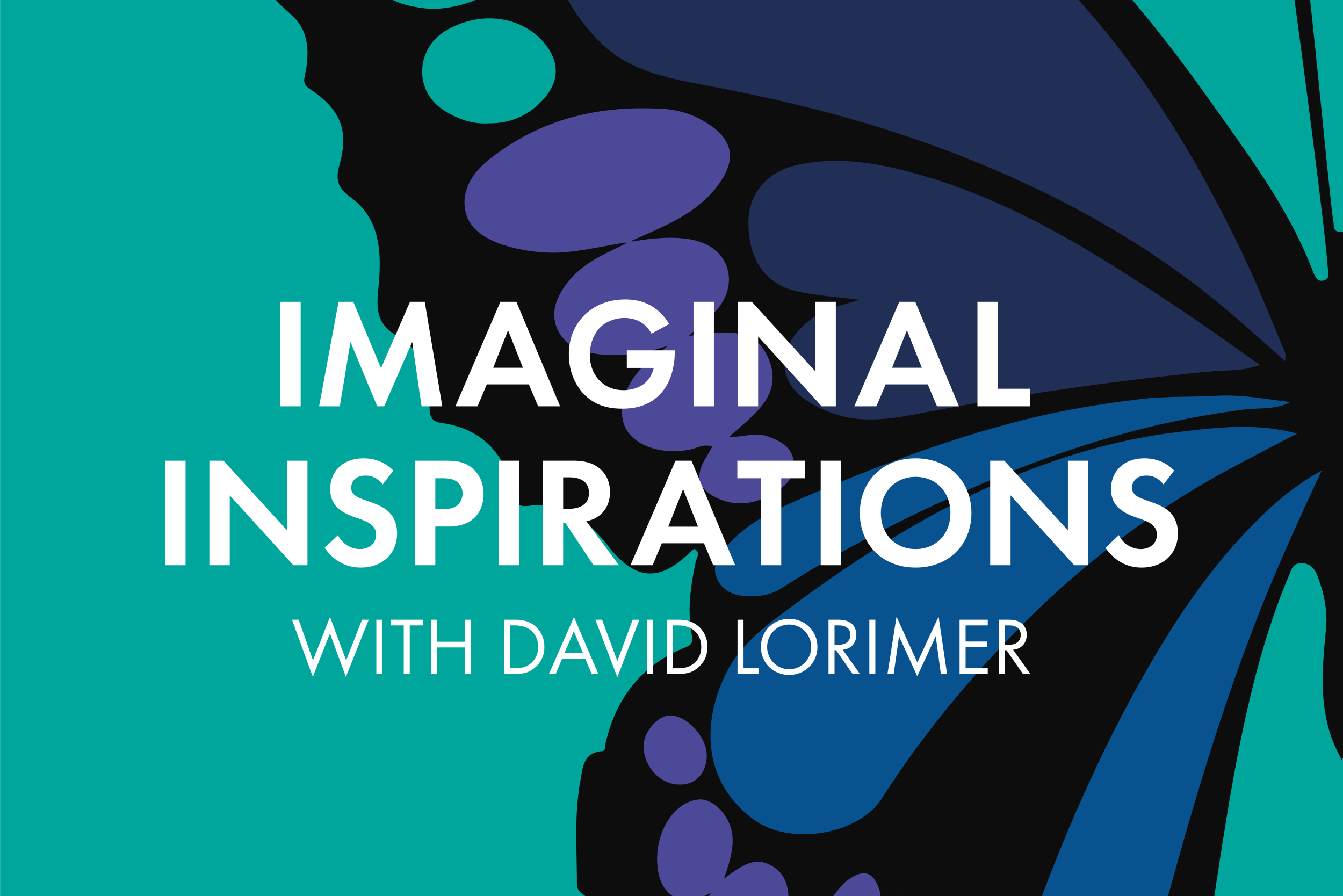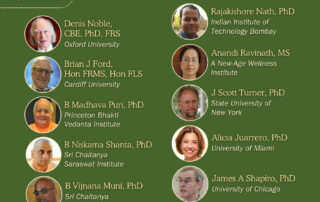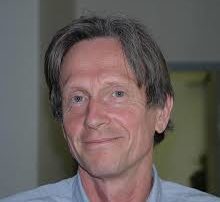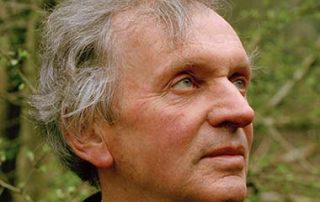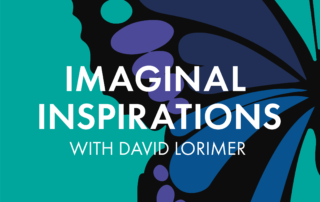
Expanding the Scope of Science
ORIGINS
David Lorimer introduces the Galileo Commission Report
REMIT
The Galileo Commission was founded in 2017 with a view to expanding the worldview of science beyond its limiting materialistic assumptions, which are seldom explicitly examined. A central and widely held assumption is that the brain generates consciousness and is therefore extinguished at death.
Following widespread consultation in 2018 with 90 advisers representing 30 universities worldwide, we have published the Galileo Commission Report, written by Prof Dr Harald Walach and entitled Beyond a Materialist Worldview – Towards an Expanded Science. The report has been widely endorsed as a groundbreaking document, so we encourage you to support our movement by joining the Galileo Commission either as a Professional Affiliate or a Friend. There is also a Summary Report and a Layman’s Report, and a brief summary of the argument is available in a number of languages. We encourage you to read and support Dr Athena Potari’s Call for a Renaissance of the Spirit in the Humanities and to read our edited book Spiritual Awakenings, which documents the transformative experiences of 57 scientists and academics.
A Call for a Renaissance of the Spirit in the Humanities
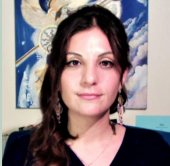 The “Call for a Renaissance of the Spirit in the Humanities”, written by Dr Athena D. Potari, is a pioneering project aiming to raise awareness regarding how the prevailing paradigm of materialism affects the ways in which knowledge is approached within the context of the Humanities. In line with the Galileo Report, which discusses the importance of liberating the positive sciences from the limitations of the paradigm of scientific materialism, this Call aims at making the case for the Humanities as well. The Call explores how recent developments in scientific studies on consciousness, and the ensuing understanding that consciousness is primary and unified, can inform our understanding of what it means to be “human” with correspondingly appropriate epistemologies, as well as how we approach key areas of human activity, including ethics, politics and the environment.
The “Call for a Renaissance of the Spirit in the Humanities”, written by Dr Athena D. Potari, is a pioneering project aiming to raise awareness regarding how the prevailing paradigm of materialism affects the ways in which knowledge is approached within the context of the Humanities. In line with the Galileo Report, which discusses the importance of liberating the positive sciences from the limitations of the paradigm of scientific materialism, this Call aims at making the case for the Humanities as well. The Call explores how recent developments in scientific studies on consciousness, and the ensuing understanding that consciousness is primary and unified, can inform our understanding of what it means to be “human” with correspondingly appropriate epistemologies, as well as how we approach key areas of human activity, including ethics, politics and the environment.What people say…
Featured book
Featured podcast
The Playful Universe – Marjorie Woollacott, David Lorimer and Gary Schwartz (Eds)
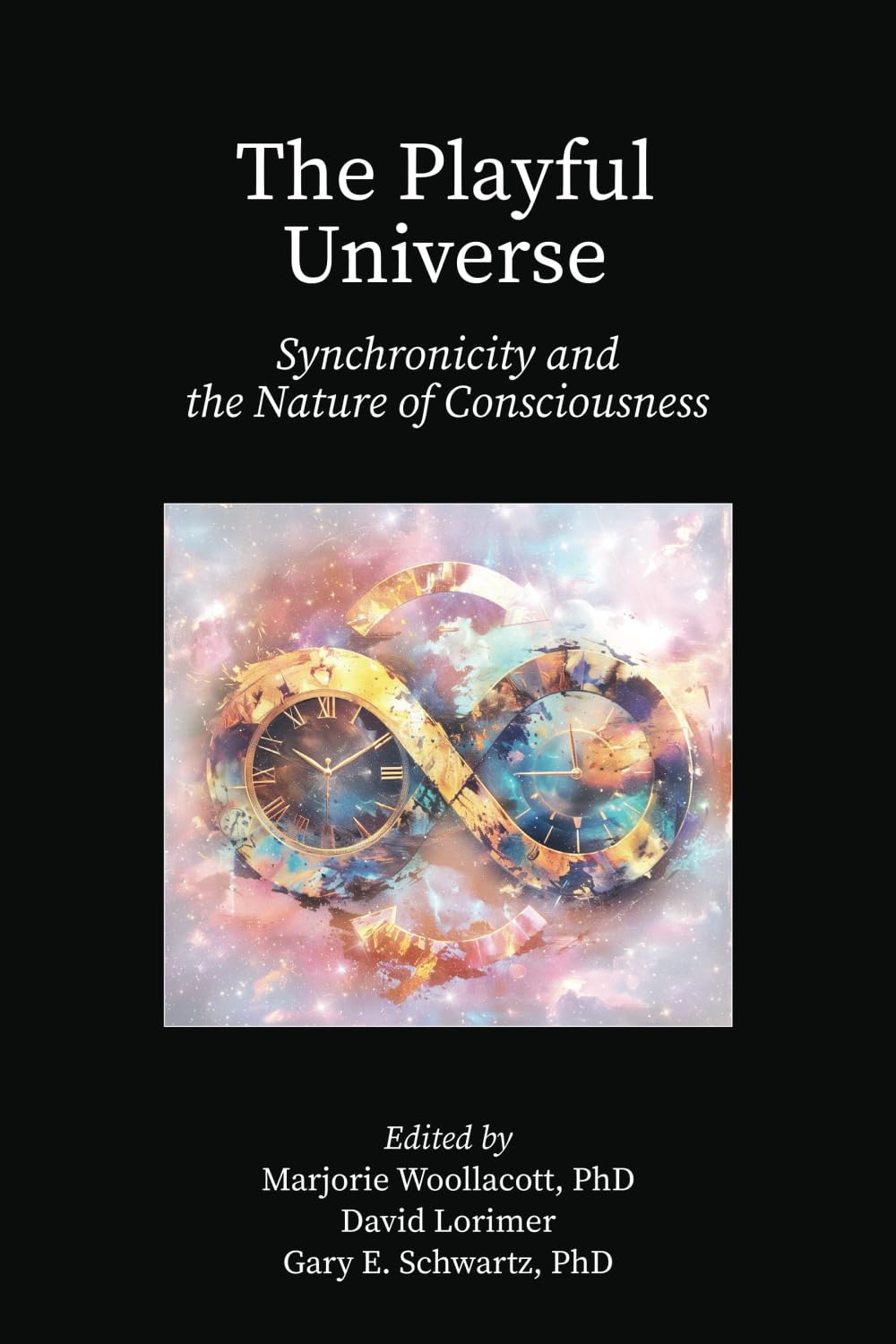
This volume consists of essays by scientists and academics describing their own experiences of synchronicity and how these experiences transformed both their worldview and the way they lived their lives. We truly believe that this is a fundamentally intelligent, benevolent, creative and playful universe in which we, as individual expressions of the one Universal Mind, co-create our reality.
Recent News
11th International Conference Science and Scientist 2023 – 17 December 2023
MORE INFORMATION AND REGISTRATION In her 1983 Nobel lecture, Barbara McClintock challenged 21st-century science to “determine the extent of knowledge the cell has of itself, and
Quantum Panpsychism and the Light Bulb Metaphor – Emmanuel Ransford
This paper outlines an approach which casts new light on some unsolved issues surrounding mind and matter, like: What tells them apart? How do they communicate?... It argues, with a little help from quantum physics, that plain matter may be richer than what we are wont to believe. It assumes that consciousness is a nonmaterial content of the world and infers that the mind expands beyond the biological brain. It also suggests a new way to figure out what role the brain plays in conscious awareness, and it puts forward a fresh insight as regards the mind-body dialogue.
02 December – Debate: Does Consciousness Extend Beyond the Brain? with Rupert Sheldrake, Anil Seth and Tanya Luhrmann
At this year's Holberg Debate, Tanya Luhrmann, Anil Seth and Rupert Sheldrake will take on the deep scientific and philosophical mystery of consciousness. The debate will be chaired by David Malone.
Four Simple Questions – Dialogues between Consciousness Scientists and ‘1st person scientists’
A series of dialogues between scientists studying consciousness and those that might be called ‘1st person scientists’. People who have gone so deeply and objectively into the subjective experience of consciousness that they are liberated from the illusion of separation.
Imaginal Inspirations with Lisa Miller
David Lorimer's guest today is Dr Lisa Miller, the New York Times bestselling author of The Spiritual Child and her new book, The Awakened Brain. She is a professor in the Clinical Psychology Program at Teachers College, Columbia University where she founded the Spirituality Mind Body Institute, the first Ivy League graduate program and research institute in spirituality and psychology, and has held over a decade of joint appointments in the Department of Psychiatry at Columbia University Medical School.
Rupert Sheldrake vs Michael Shermer – a Debate on Science – How The Light Gets In 2023
Rupert and well-known skeptic Michael Shermer explore the boundaries of human understanding and the nature of scientific knowledge. Shermer argues that while we can never be entirely certain about anything, the scientific method is the best tool we have for approximating truth. He emphasizes the importance of replication in scientific studies and is skeptical of claims that challenge established scientific theories without strong evidence. Sheldrake, on the other hand, believes that there are areas of human experience currently considered taboo in mainstream science that deserve investigation. He argues that the skepticism towards such phenomena is often rooted in a materialist worldview that limits the scope of scientific inquiry. Both agree on the importance of evidence but differ on what constitutes sufficient evidence to challenge existing paradigms.
